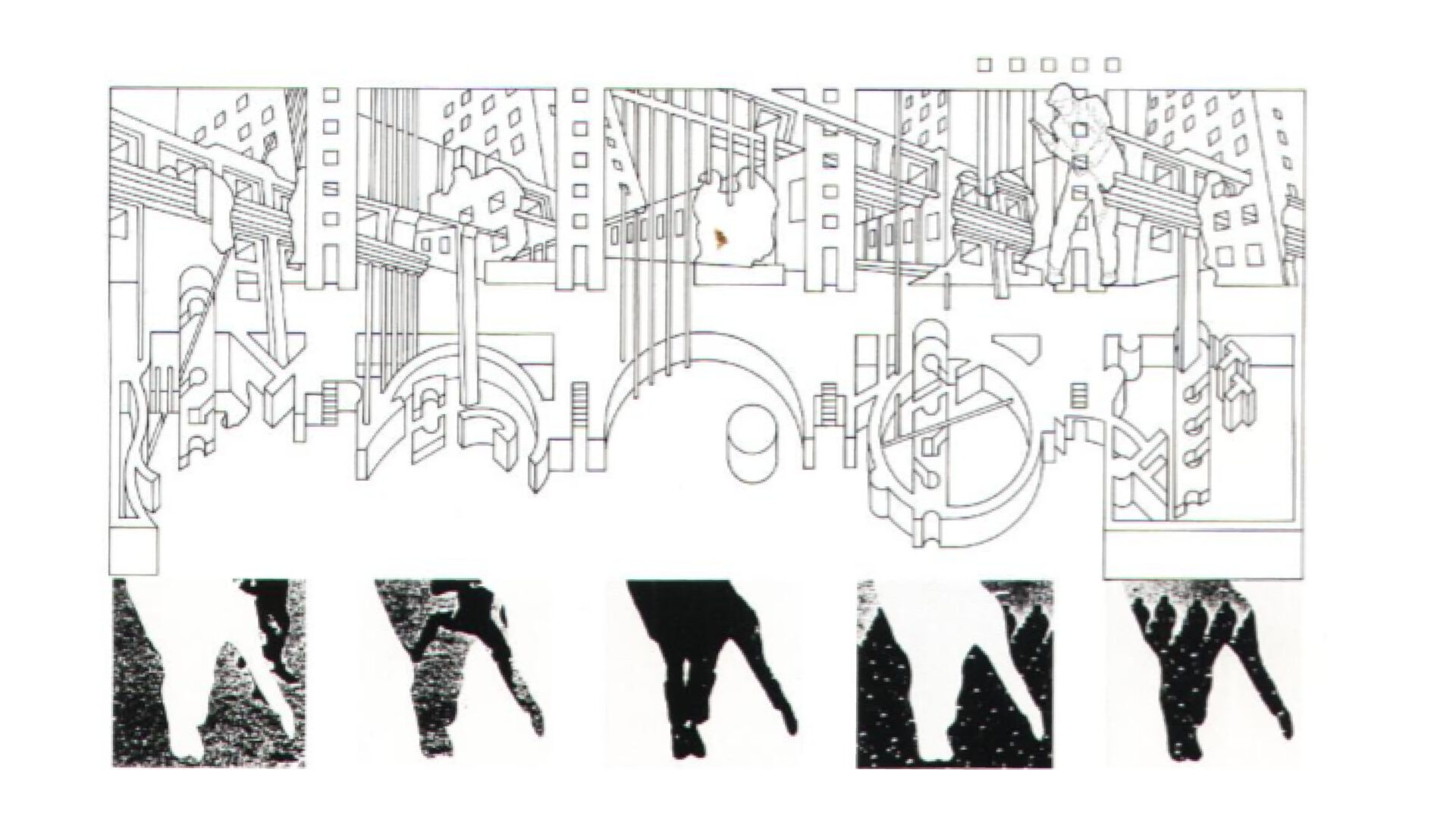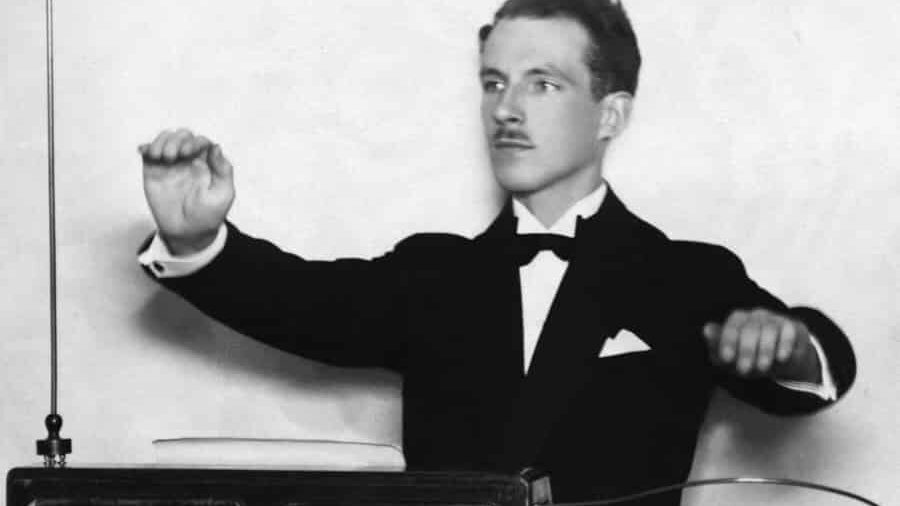Brief
We come from a static visual culture,
where architectural presentation is derived from fixed visual media.
In our new era of instant messages,
our culture as well as technology
exhibits dynamic frameworks with real-time responses.
How can we develop architectural tools that reflect this environment?
How do we move beyond static visual media to reflect today?
In the Manhattan Transcript(MT) by Bernard Tschumi in 1970,
Fixed visual architectural drawing techniques
are used to present space and events
on a linear timeline where
Interactive relationships are revealed
through location and behaviors,
as they relate to the surroundings
by changing space and objects.
by making the dynamic static
these drawings remove the dynamic nature of real-time experience
and in turn present a linear sequence removed from reality..
Space is inaccurately presented,
with a loss of scale and logic,
Time is no longer accounted for
removing our spatial experience.
Based on limitations of static drawing,
We need a more dynamic model
reflective of real-time space,
We need to reintroduce the human scale.
To achieve this,
We can implement real-time methods from the music industry, where the system possesses dynamic information.

Manhattan Transcript(MT) drawn by Bernard Tschumi, in chapter 4 he described space and events in a series of drawings sorted on timeline using a series of drawing technics.

To produce real-time content, we will need media take effect to our senses directly. Methods used by music industry is necessary.
Topic
The value of MT is the discussion on interaction of how our location and behaviors take effect on our surrounding, changing space and objects(trace cutting/drawing).
The limitation of music interface is that they are mostly abstract and non-relative to actual space, even for Theremin, the control of parameter distributed in space is not intuitive.
Medium
The limitation of MT is using static drawing technics to describe dynamic process as downgraded information(these technics were abandoned by other fields in production). It results in inaccurate space, and inaccurate time. It doesn’t result in any actual space or experience.
The advantage of music interface is signal processing method for sound, which can be quickly transformed into message, edited and experienced in real-time.